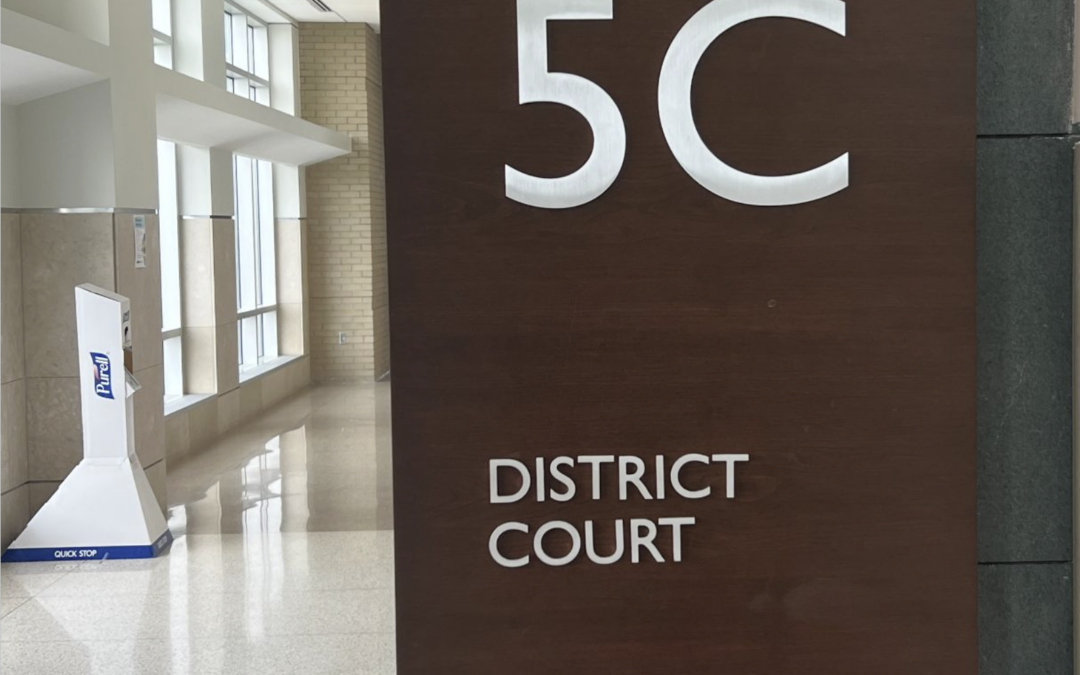By Elizabeth Simpson
Republished from the INDY Week
This week, there was news of a North Carolina Court of Appeals decision about a child with the pseudonym “Opal” who was taken away from her mother because she was in utero at the time that a half-sibling was abused. State law permits termination of parental rights for any abused child, as well as for any non-abused child who resides in the home at the same time. The Republican appellate judge who wrote the decision reasoned that “life begins at conception,” so therefore, Opal “resided in the home” while she was in the womb.
To Durham residents, most of whom are supporters of abortion rights who reject personhood arguments for embryos, this might sound like some kind of Handmaid’s Tale story. What hasn’t been widely reported, however, is that Durham’s own elected judge, Doretta Walker, opened the door to this dangerous legal precedent—one that will surely migrate into state court decisions related to abortion rights—by entering the original order terminating the mother’s parental rights based on a dubious legal theory.
The removal of a child from her family is the single most traumatic thing the government can do, yet our Durham County Department of Social Services and our Durham County elected judges do it every week in a secret courtroom. Americans have been acculturated to think of the so called “child welfare” system as a force for good, but the reality is that the foster care system embeds the exact same institutional harms that we see play out in the criminal legal system: racial disproportionality; a punitive, rather than restorative mindset; failure to grapple with how trauma and poverty impact people’s lives; bureaucratic backlogs; and an inadequately staffed public defense system.
The aura of confidentiality around juvenile cases also means that there is very little public awareness or accountability for the bureaucrats and judges that make the life-altering decisions to remove children from their families. Under state law, Abuse/Neglect/Dependency courtrooms are supposed to be open to the public unless special circumstances exist. Yet Durham District Judge Doretta Walker routinely enters blanket orders to close the courtroom to the public, especially when civil rights advocates, courtwatch volunteers, and law students come with the intention of trying to learn about the court’s basic operation.
When Emancipate NC issued a report in 2022 on county-level reforms that the Durham Department of Social Services (DSS) and the Durham courthouse could enact to improve this system, most county leaders refused to meet with us. They told us it was too sensitive a matter and their lawyers advised them not to engage. But how DSS chooses to approach child and family welfare is a matter of public policy, just as much as the practices of the police, the sheriff, and the jail are.
After years of work that included deep community conversations and extensive policy research, the Durham County Safety and Wellness Task Force finished its final report just this month. Among many important policy recommendations, the report includes specific recommendations about the foster care system and the courts that regulate it. These are designed to address systemic inequities that create racial and class disparities and magnify rather than reduce child and family trauma. The Task Force has shared its recommendations with all Durham county elected bodies.
It is time for Durham county and courthouse leaders to actually engage with the public on this issue.
